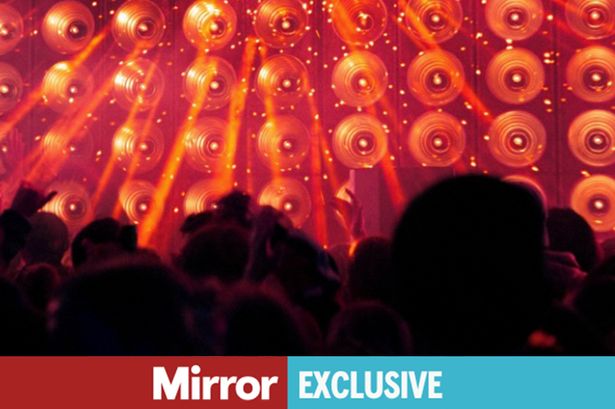Berlin-based musicologist Dr. Liam Cagney shares his thoughts on the recent University of Bath study sharing the elusive paradox of door selection at Berlin’s infamous techno clubs
The criteria for getting into Berlin’s renowned techno clubs has long been shrouded in mystery, but a recent study sought to shed light on the door selection process. Published in the Journal of Marketing, the research from the University of Bath, King’s College London, and Freie Universität Berlin revealed door ‘selectors’ paradoxically look for people that ‘fit in’ and ‘stand out’ to add to the experience.
But according to Berlin-based writer and musicologist, Dr. Liam Cagney, the study only tells part of the story. Cagney suggests that Berlin’s club scene exists “somewhere between a public space and a private space” making the criteria for door selection more of an artform.
READ MORE: Harry Styles parties at notorious German club that refused Elon Musk
“The door selectors are like people who are giving out invitations to attend the party…they’re inviting people to come into their house in a way,” explains Cagney. He says that Berlin’s heritage means that clubs are space for rethinking social interactions and that significance can cause confusion for club tourists that show up and expect to be allowed in.
That said, he accepts that clubs make use of the experience economy and monopolise on people’s curiosity for business reasons. “It’s like a big, imposing wall, almost like a second Berlin wall,” says Cagney. “There’s probably an intentional aspect of keeping things hidden and that excites desire.”
Social platforms like TikTok have driven swarms of ‘techno tourists’ to the city and to test their luck getting into the most scrupulous clubs. There are also dedicated Reddit threads and videos about how to act and dress to increase your chances of getting invited inside well-known haunts like Berghain and Tresor.
According to Cagney, the social media tourists have brought a more “consumerist attitude” to the scene and can negatively affect the experience of regulars. “You notice them appearing in the club and they’re kind of looking around as if they’re at a zoo”.
In Cagney’s view, it’s up to the bouncers to protect the space for regulars. He says that he’s seen the bouncers get creative when it comes to dealing with who gets in on a given night. He describes one evening when it seems bouncers were rejecting anyone wearing black. “It was like they decided, okay, we’re going to f–k with this today. We’re going to buck the stereotype.”
Still, being rejected at the doors after you’ve queued for hours is certainly a gutting experience, and Cagney says he and other Berghain regulars are not immune. But he contends that the current system is the “least bad option”, even though the door gets it wrong at times.
But that’s why Cagney says reframing the idea of Berlin techno clubs as more of a personal ‘party’ rather than just an entertainment venue is so important. “The unpredictability does make it more inaccessible, but it becomes less unpredictable once you’re really becoming more of an insider,” says Cagney.
Sometimes it just isn’t your night and that’s solely up to the discretion of the bouncers. Cagney recalls one tale of the bouncers deciding who to let in based only on their footwear. “I think occasionally they probably play a little bit with each other as well. They make up games to keep themselves amused.” Unpredictability is part of the territory.
Cagney will be publishing his novel, Berghain Nights, in October 2025. The book is an exploration of Berlin’s club scene. Blending essay and memoir and includes interviews with major electronic dance music artists and other members of Berlin’s night-time economy.
